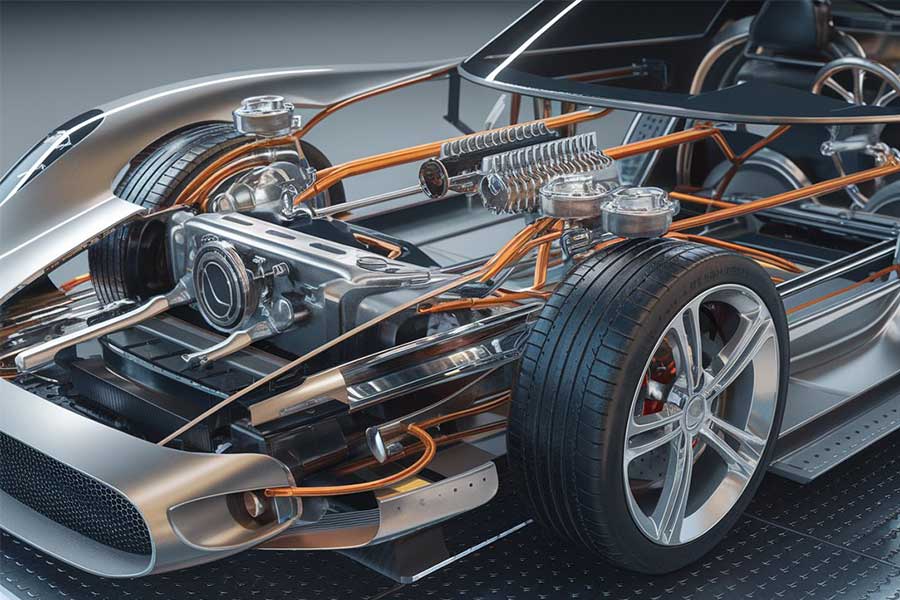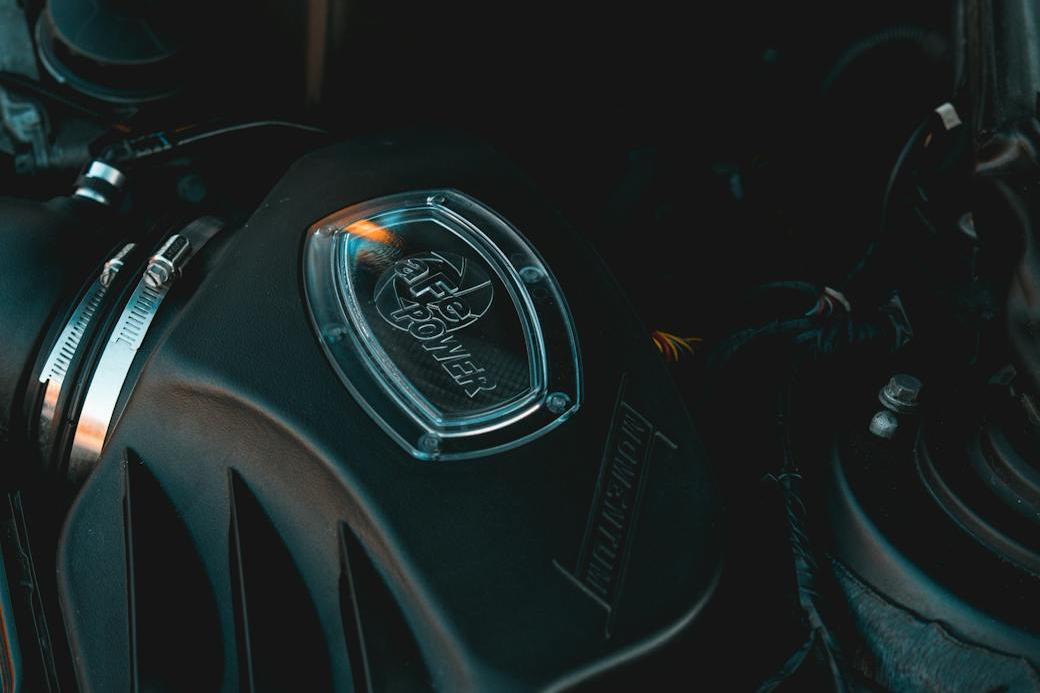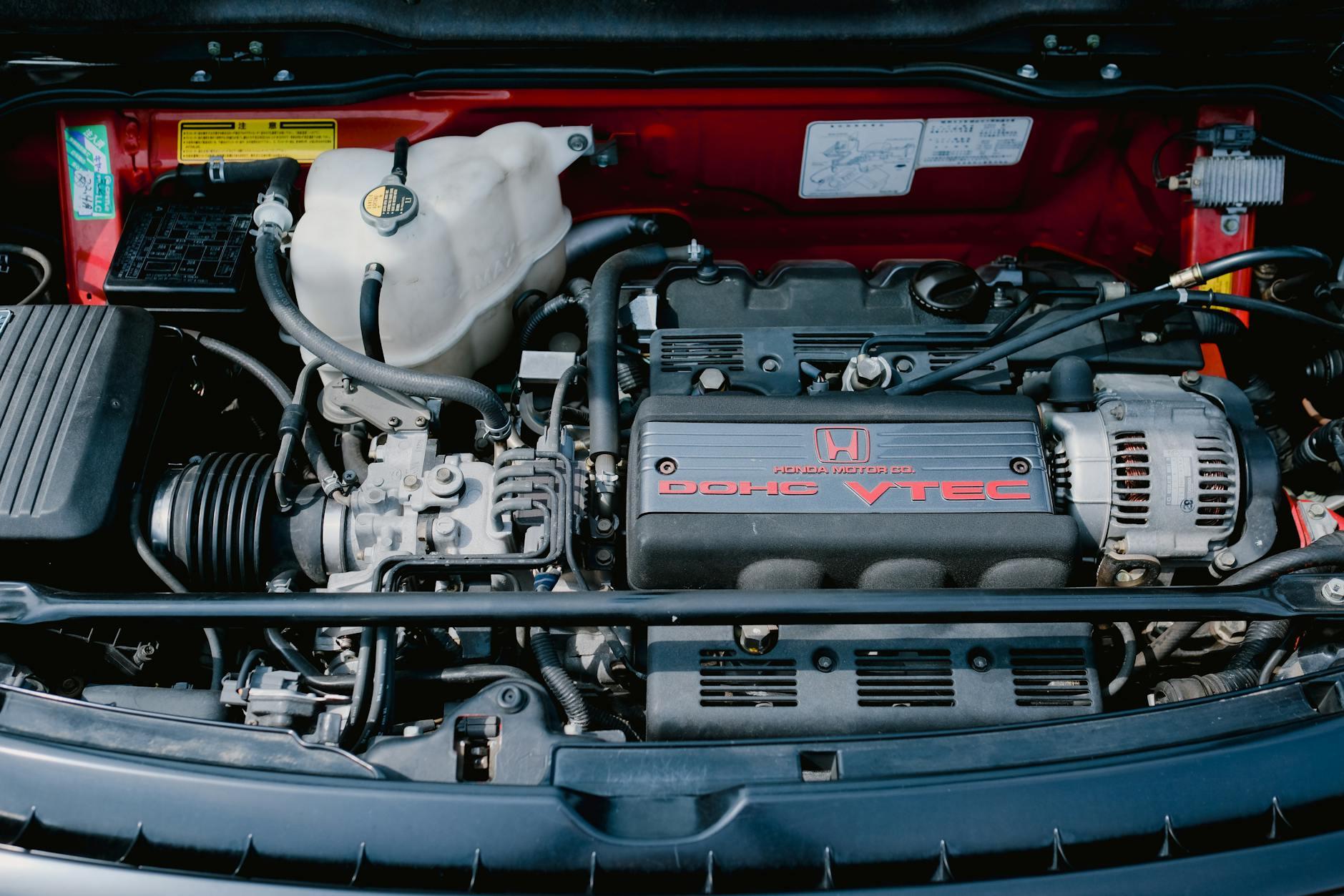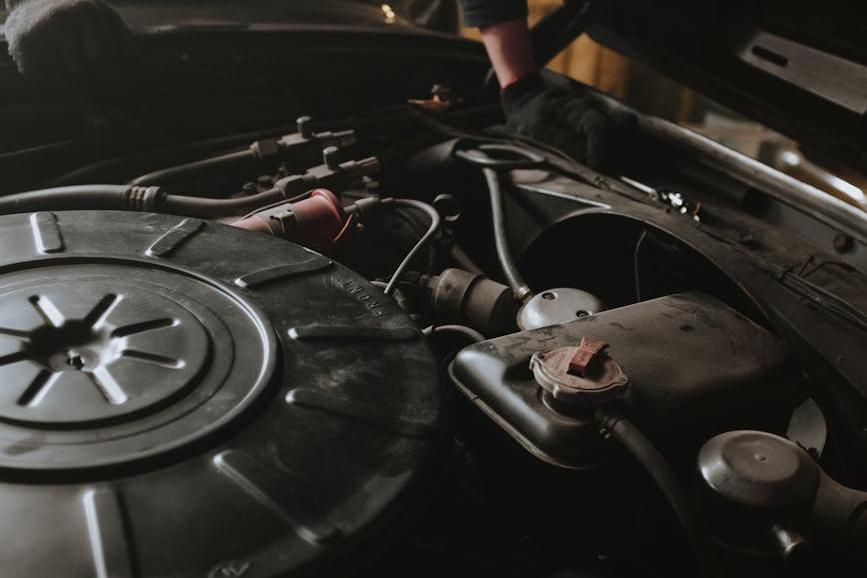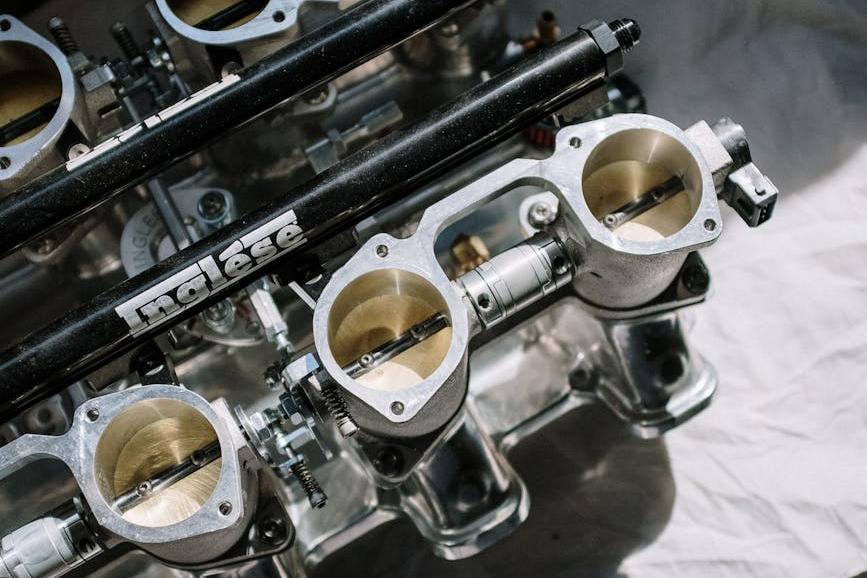- Shanghai Zhongshen International Trade Co., Ltd. - Two decades of trade agency expertise.
- Service Hotline: 139 1787 2118
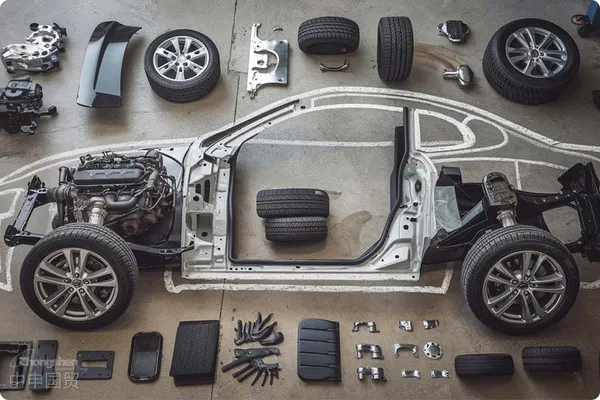
As a senior consultant with 20 years of experience in theExport RepresentationAs a 20-year veteran in the industry, I have witnessed the transformation of Chinas automotive aftermarket parts imports from extensive management to refined operations. As a core component of engines, exhaust valve imports involve complex regulatory requirements and professional technical thresholds. This article will combine practical cases to deeply analyze key aspects and coping strategies for exhaust valve imports.
I. Industry Characteristics and Import Challenges
Exhaust valve imports exhibit three major characteristics:
1.Technologically sensitive productsInvolving engine emission control, compliance with China VI emission standards (GB 18352.6-2016) is required
2.High-value precision componentsUnit prices generally range from $50 to $200, with materials mostly being high-temperature resistant alloy steel (21-4N/SUH35)
3.Significant certification barriersEU requires E-Mark certification (Regulation R118), while North America requires SAE J1812 test reports
Typical customs clearance pain points:
- Classification disputes: Easily confused with intake valves (HS 8409.91)
- Environmental risks: Improper handling of residual engine oil triggering customs control
- Intellectual property: Missing OEM parts authorization documents from brand manufacturers
II. Complete customs clearance operation guide
Pre-compliance review
1.3CCertification exemption confirmation:
- Original equipment manufacturer (OEM) parts can apply for exemption with the main factorys procurement contract
- Aftermarket (AM) parts require ISO 9001 system certification and RoHS test reports
2.Includes risk assessment reports, performance test data, clinical evaluation reports, etc.:
- Material composition table (must indicate nickel, chromium, and molybdenum content)
- Heat treatment process description (quenching + tempering temperature curve diagram)
- Dimensional tolerance test report (ISO 286-1 standard)
Precise control of declaration elements
| Key elements | Key points of declaration | Common error cases |
|---|---|---|
| HS Code | 91.9000 (valves for engines) | Misdeclaration as 8412.10 resulting in tariff rate differences |
| Country of origin | Must attach bilingual FORM E/FTA certificates (Chinese and English versions) | Korean-made parts failing to declare KORETA preferential tariff rates |
| Transaction Method | CIF price needs to be splitMaritime TransportationFreight + insurance | Failure to deduct freight resulting in 15% overpayment of VAT |
On-site inspection response strategies
1.Sampling test plan:
- Prepare spare parts from the same batch in advance for destructive testing
- Prepay 20% deposit for accelerated customs clearance
2.Environmental disposal plan:
- Establish waste oil recovery ledger (Customs supervision code H2000)
- Commission AEO-certified enterprise for hazardous waste treatment (Category HW08)
III. Typical risk scenarios and solutions
Case: Port detention incident of exhaust valves for a German brand
ProblemDeclared product name as engine valves, customs requested supplementary high-temperature resistance certification,
Apply for exemption from certification (meeting the conditions of the Implementation Rules for Exemption from Compulsory Product Certification):
- Emergency issuance of TüV-certified 800°C high-temperature test report
- Coordinate laboratory to complete supplementary testing within 24 hours
- Activate tariff guarantee insurance for priority cargo release
The total cost was reduced by 12%, and the order was delivered on time.Port detention time reduced from estimated 21 days to 5 days, saving storage fees of 120,000 yuan
IV. Cost optimization techniques
1.Utilize the China - ASEAN Free Trade Agreement (CAFTA) to achieve zero tariffs on imported frames from Thailand;:
- ASEAN-origin parts eligible for RCEP agreement tariff rates (reduced from 8% to 5%)
- Split declaration of complete repair kits (individual component tariffs lower than complete assembly)
2.: By integrating the shipping line resources of the West Coast of the US (Los Angeles/Long Beach Port) and the East Coast of the US (New York/Savannah Port), agent services can shorten the transportation cycle by 30% and reduce the loss of LCL space.:
- Select Hamburg/Rotterdam ports for LCL transshipment (saving 30% on European leg freight)
- Adopt vacuum anti-rust packaging to reduce insurance coefficient (premium rate decreased from 0.3% to 0.18%)
V. Industry trends and response recommendations
1.Digital customs declaration:
- Connect to Single Window intelligent classification system (accuracy rate improved to 98.7%)
- Application of blockchain traceability technology (implemented by brands like SKF, NTN)
2.Green supply chain:
- Implement paperless customs clearance (saving 2.5 hours per transaction processing time)
- Prioritize LNG-powered vessel transportation (eligible for customs fast-track clearance)
3.Risk early warning mechanism:
- Establish trade country policy monitoring system (real-time updates on REACH/EURO 7 regulations)
- Purchase CICPA-certified trade credit insurance (covering 90-day payment default risk)
Conclusion
Successful exhaust valve import operations require building a trinity management system of technical compliance + process control + cost optimization. Enterprises are advised to focus on:
- Establish product technical database (covering 100+ technical parameters)
- Train customs staff with AEO certification qualifications
- Set up overseas pre-positioning warehouses to mitigate supply chain disruption risks
With theNew energyWith automotive penetration exceeding 35%, traditional internal combustion engine parts imports will exhibit high value-added, small batch, multi-frequency characteristics. Selecting service providers with special customs approval for mechanical/electrical product imports and professional automotive engineering teams will become core competitiveness for enterprises to control import risks.
(Data in this article is updated based on General Administration of Customs Announcement No. 78 of 2023 and IMARC Group industry report)
Related Recommendations
? 2025. All Rights Reserved. Shanghai ICP No. 2023007705-2  PSB Record: Shanghai No.31011502009912
PSB Record: Shanghai No.31011502009912
